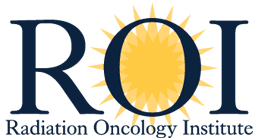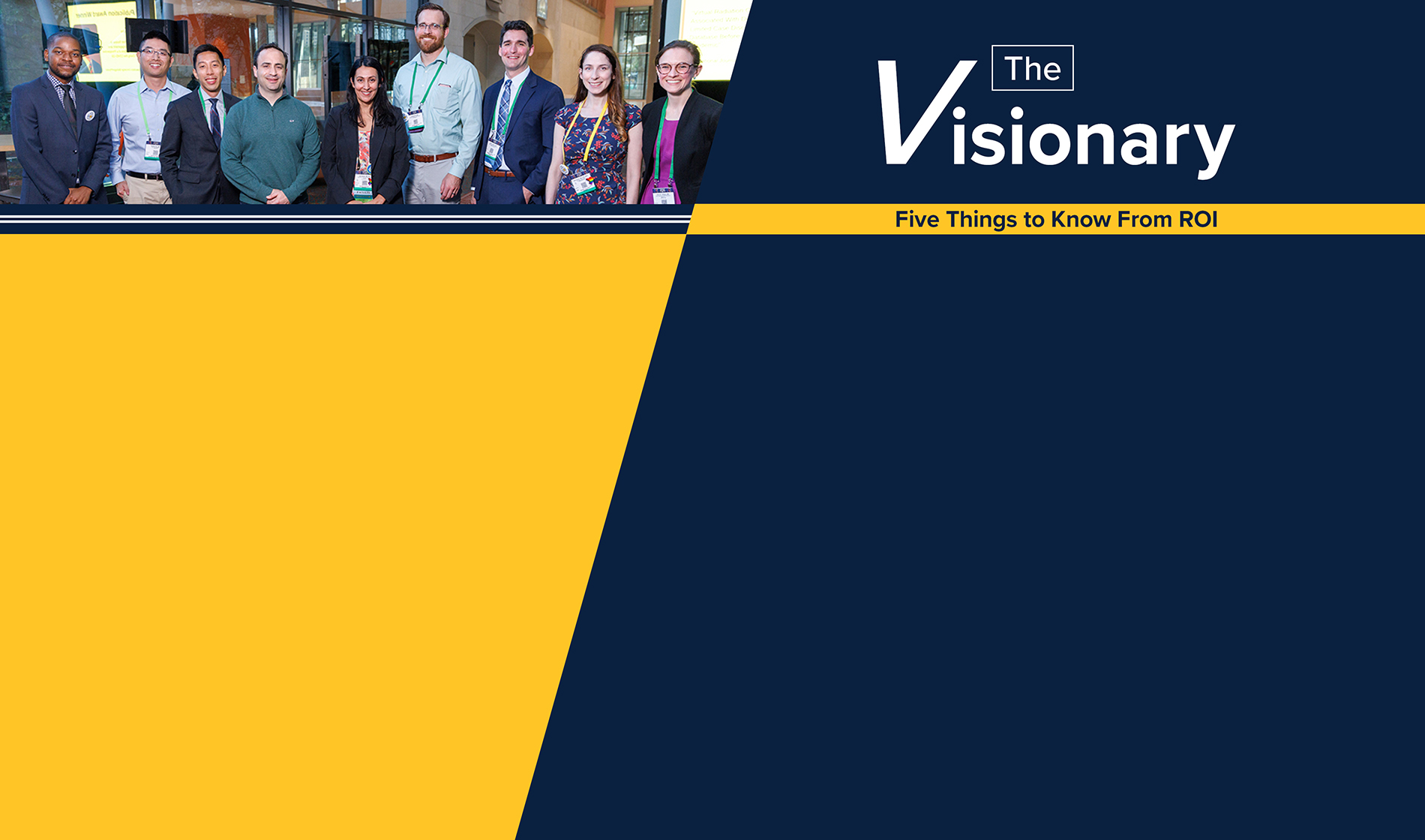Making Strides in Workforce Diversity
When students know more about radiation oncology, their interest in joining the field increases. A team led by Malcolm Mattes, MD, shared this insight and other outcomes of their multifaceted outreach program to raise awareness of radiation oncology among students underrepresented in medicine (UIM) in several recent manuscripts. Dr. Mattes is the Principal Investigator of an ROI grant that is supporting his research to understand current diversity, equity and inclusion (DEI) efforts in radiation oncology and improve outreach to diverse student groups.In two articles in the International Journal of Radiation Oncology, Biology, Physics, Dr. Mattes’ team collected survey data from academic radiation oncology departments about their efforts to improve DEI at the department level and engage UIM medical and premedical students. The first study demonstrated that less than 25% of departments reported any formal educational initiatives specifically targeting UIM students. The second study examined characteristics of department DEI leaders and committees, support for DEI activities, barriers to success and perceptions of progress made. Based on these analyses, recommendations were provided to improve radiation oncology departments’ DEI efforts to support a culture of inclusive excellence for both the workforce and patients.
In an article in the Journal of the American College of Radiology, Dr. Mattes and his colleagues described the impact of a live, virtual presentation introducing radiation oncology to medical students unlikely to have had much exposure to the specialty otherwise. The presentation was offered to student groups composed primarily of UIM students (e.g., SNMA or LMSA chapters), and to oncology interest groups at medical schools that lack a radiation oncology department, have high enrollments of UIM students, or both. After the presentation, 86% of attendees described being more interested in pursuing radiation oncology, with no significant difference in interest level based on gender, race or ethnicity.
Dr. Mattes’s team also extended this work to premedical students in an article in the International Journal of Radiation Oncology, Biology, Physics. In this study, they partnered with pre-existing premedical pathway programs affiliated with a U.S. medical school that enroll a high percentage of UIM students to incorporate a presentation by a radiation oncologist about basic principles of multidisciplinary cancer care into their curriculum. After the presentation, 88% of the premedical students felt the presentation was valuable and 70% were more interested in a career in radiation oncology.
Through this multifaceted approach, Dr. Mattes and his team are demonstrating that outreach efforts by radiation oncologists help encourage more students to seriously consider radiation oncology as a career option regardless of their backgrounds or geographic locations. Ultimately, engaging with diverse students and fostering a culture of inclusion in radiation oncology departments will help support a workforce that better represents the patients it serves.
A Survey to Assess and Delineate Approaches to Medical Student Outreach to Promote Diversity at Academic Radiation Oncology Programs
Mattes and Deville
International Journal of Radiation Oncology, Biology, Physics, January 7, 2022
The Current State of Departmental Diversity, Equity, and Inclusion Efforts Within US Academic Radiation Oncology Departments
Paradis et al.
International Journal of Radiation Oncology, Biology, Physics, October 25, 2022
Impact of a Virtual Introduction to Radiation Oncology Presentation on Stimulating Interest in the Specialty Among Diverse Medical Students at Multiple Institutions
Mattes et al.
Journal of the American College of Radiology, December 9, 2022
Pilot Study Exploring the Feasibility of Incorporating Radiation Oncology into Preexisting Early Pathway Programs for Diverse Premedical Students
Mattes et al.
International Journal of Radiation Oncology, Biology, Physics, January 22, 2023














